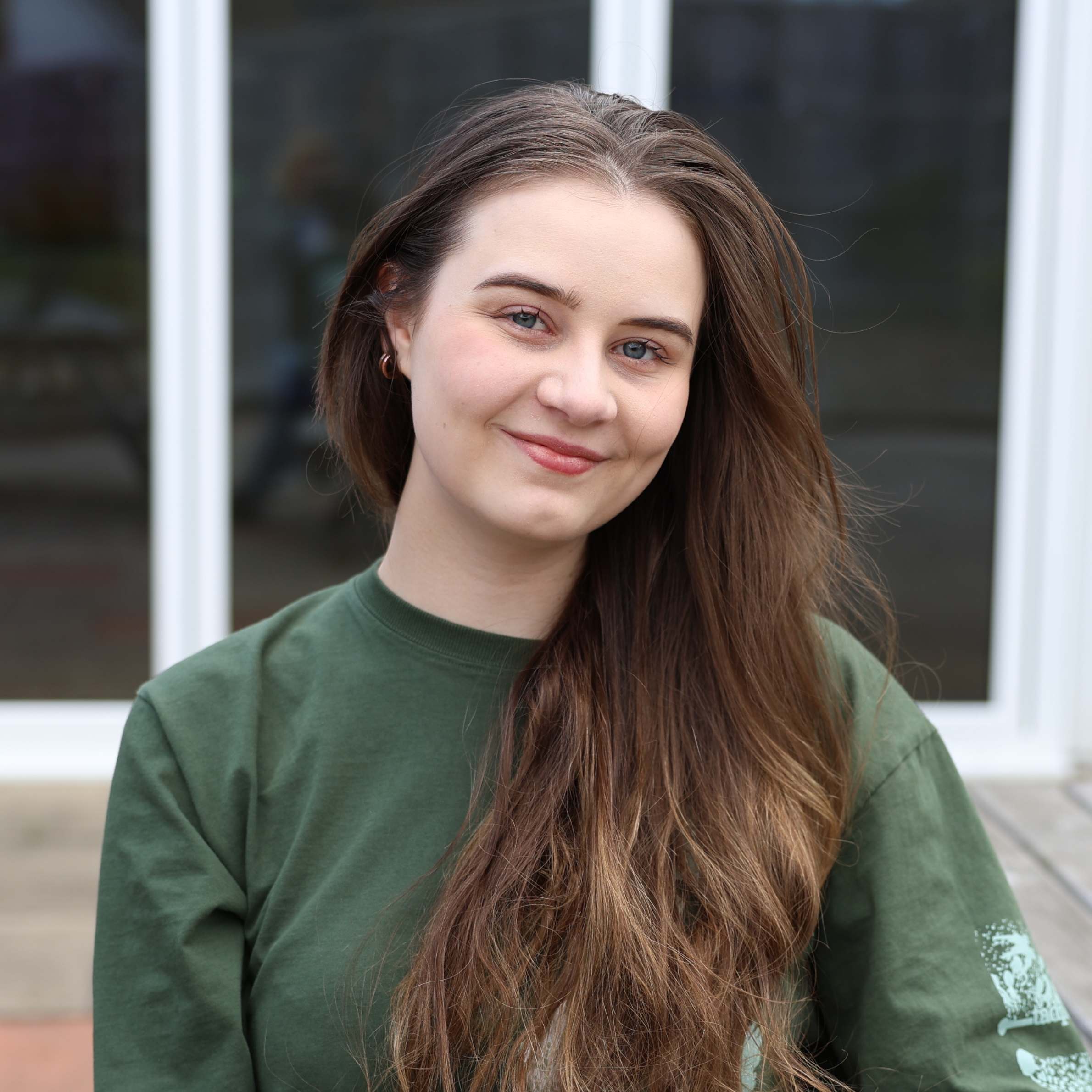Origins, Impact & Legacies: Evaluating Our Rise2Thrive Programme

At the end of March, the first year of Rise2Thrive officially came to a close. But now, a couple of months into the programme’s second year of funding, we’re still reflecting on the initial learnings and legacy of that seminal first year.
With the release of our two latest Rise2Thrive evaluation reports, today we’re sharing more about the programme, the partnership, the data, and most importantly, the stories that sparked change, inspired events, and directly shaped our exciting next chapters: Rise2Thrive (2) and Trailblazer.
What is Rise2Thrive?
Rise2Thrive began off the back of our Rise (2023-2024) and Thriving at Work (2021-2023) programmes, two distinct partnership programmes, with two different aims. Whereas Thriving at Work predominantly supported adults in employment facing significant barriers to career progression, RISE (Reducing Inequalities, Supporting Employment) was designed to support adults furthest from the labour market; individuals facing unemployment and economic inactivity.
Rise2Thrive (R2T) was designed to bridge the gap between these two models. It aimed to combine pre-employment and in-work support into a single, holistic offering across all three cohorts: unemployed, economically inactive, and employed adults. The goal? To address longstanding barriers, improve wellbeing and skills, and create sustainable pathways into and throughout the workplace.
The programme was delivered in partnership with 33 community, voluntary, and Social Enterprise organisations across York and North Yorkshire, and supported almost 1000 individuals over the course of March 2024 – March 2025.
Learning Through External Evaluations
We’ve been developing our evaluation process over the last few years to ensure we’re not just collecting data, but truly learning from it. Our aim is to better understand what works (and what doesn’t), where we’re affecting real-world impact, and how we can hone delivery to meet participant and Keyworker needs more effectively.
Our journey into the world of research and evaluation began with a chance encounter – when Relationship Manager, Joe Mckenzie, met Lecturer & Researcher at the University of York School for Business and Society and ESRC Research Fellow, Dr Annie Irvine. And just like that, a collaborative relationship ensued, resulting in numerous policy-shaping evaluation reports, blogs, and articles, and laying the foundations for ongoing research with academic partners Dr Jane Suter and Dr Tina Kowalski of the University of York.
In our most recent external evaluation—A Qualitative Evaluation of Better Connect’s Rise2Thrive Employment Support Programme—Drs Suter and Kowalski examined the effectiveness of the programme through the lens of lived experience. The report draws insights from interviews with 12 Keyworkers and intervention providers, 10 programme participants, and several members of the Better Connect programme management team.
Their research highlights strengths and recommendations across the programme, reinforcing our evidence base for:
- Trusting, person-centric relationships between Keyworkers and participants
- The value of time, flexibility, and non-linear progression
- A holistic, whole-person approach to employability support
These findings have not only helped us better understand our impact, but they’re also playing a critical role in shaping delivery of Rise2Thrive (2) and Trailblazer.
Developing our Internal Evaluations
Alongside the external academic evaluation, we’ve also undertaken our own internal evaluation – led by our passionate staff team.
In our internal evaluation of Rise2Thrive, we draw meaningful connections between programme data, regional statistics, prior academic research, and the participant’s voice. The result is a comprehensive deep-dive into Rise2Thrive’s impact and ensuing legacies:
“R2T helped me the most with its holistic approach. It got me back in the world – people who are addicted need this service”
This process has helped us fully reflect and analyse our long-standing delivery model, reaffirming what works, what doesn’t, and what we can refine next – for participants and delivery partners alike.
What’s Next?
Looking to the future, we’re using the insights gleaned from both evaluations to inform the next phase of Rise2Thrive and shape the development of our new Trailblazer programme.
It’s early days, but here’s where we’re focusing our efforts so far:
- Refining our Peer Support Network: Exploring new ways to add value, strengthen Keyworker support, and foster better connections across the partnership
- Identifying participant pain points: Using data to pinpoint common barriers and inform more targeted, responsive programme design
- Analysing regional data: Understanding localised challenges and using these insights to guide delivery partner recruitment for future programmes
- Rethinking withdrawal rates: Evaluating how we can better support participant engagement and reduce early programme exits
- Advocating for longer funding cycles: Drawing on data and lived experience to highlight the importance of long-term, sustainable support models like R2T
Read the Reports
Both the external academic evaluation and our internal impact report are now available to read in full.
Whether you’re a delivery partner, policymaker, funder, or simply someone interested in our sector, we invite you to explore the findings and stories featured throughout these reports:
Read the University of York Evaluation
A lived-experience-led research evaluation by Drs Jane Suter and Tina Kowalski outlining programme successes & recommendations based on interviews with Keyworkers and participants.
Read our Internal Evaluation
Our in-house deep dive, weaving programme data, participant voices, and delivery reflections across the R2T journey.
Visit Our Research & Reports Page
For more publications, insights, and evaluation highlights from across our programmes.

Post by Laura Sandiford
Impact Manager
A keen storyteller & collaborator, Laura works as the Impact Manager together with our Head of Impact, Hannah, where she measures and highlights the impact of Better Connect across the business, programmes and partnerships.
She does so by working with a range of partners, participants and externals to gather information and stories, which she then translates into a range of engaging content across Better Connect’s channels. Ensuring the ‘Better Connect’ story is woven throughout all communications is a large part of Laura’s role, as is demonstrating the ripple effect across our programmes, partnerships, and sector-advocacy.
Laura’s favourite part of the role is connecting with the faces behind the case studies and giving voice to their experiences.
Learn more about Laura